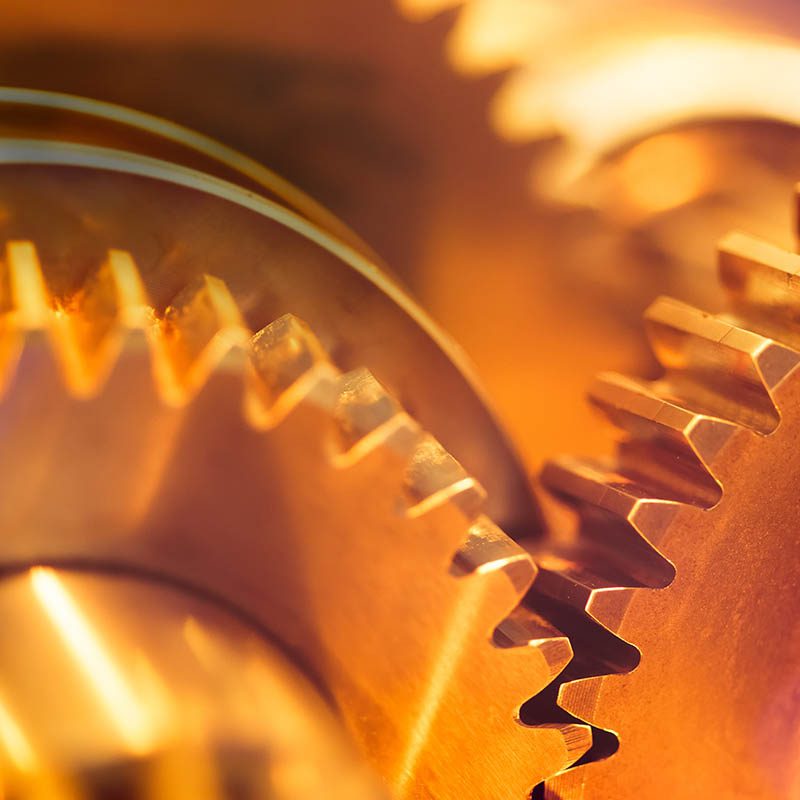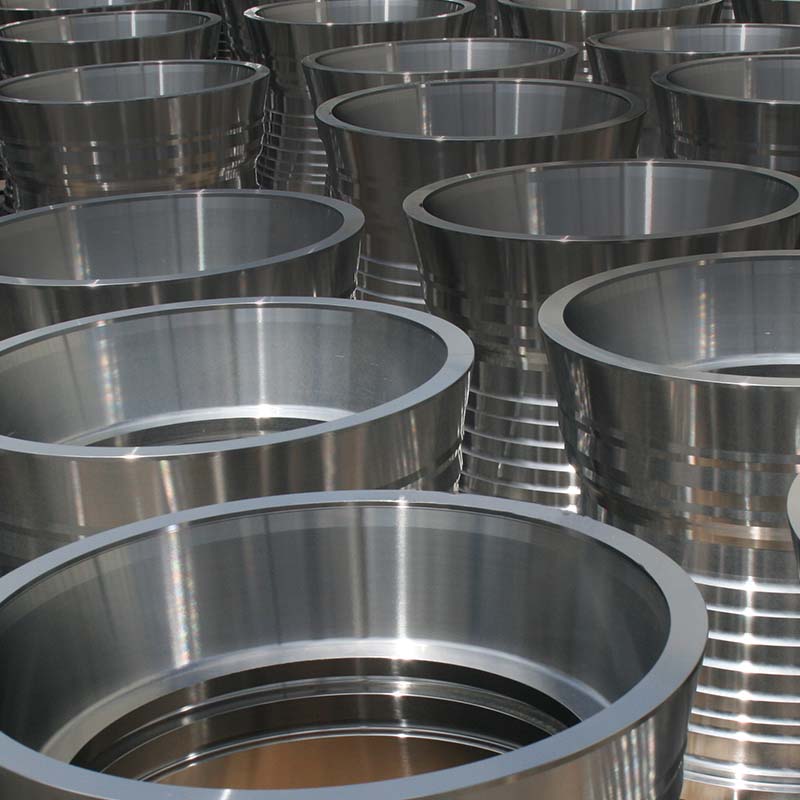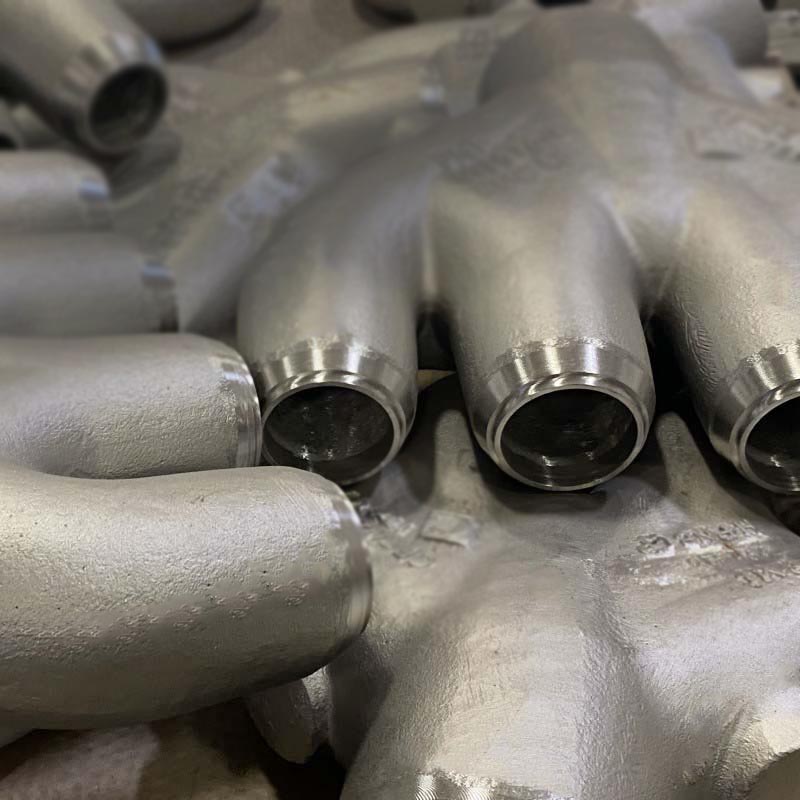Overview
Alloy Grade UNS C12A, also known as J84090 steel, is a martensitic stainless steel containing up to 9.5% chromium. It offers good corrosion resistance and performs well in high-temperature environments. This combination of strength and durability makes C12A a versatile choice for various industrial applications where heat resistance and protection against corrosion are essential.
Typical Uses
Abrasive environments and cutting tools.
MetalTek Designation
MTEK 221-01 / 223-01
Poured At:
Carondelet Division, Sandusky International Division, Wisconsin Centrifugal Division, Wisconsin Investcast Division
Similar Specifications
Cast UNS: J84090
Wrought UNS: K91560
Wrought Grade: P91
Cast Grade: C12A
Cast ASTM: A217
Typical Chemical Composition (% by wt.)
Aluminum: n/a
Carbon: 0.08-0.12
Chromium: 8.0-9.5
Manganese: 0.30-0.60
Iron: n/a
Copper: n/a
Nickel: 0.4
Lead: n/a
Tin: n/a
Silicon: 0.20-0.50
Zinc: n/a
Other: Mo 0.85-1.05; Nb 0.06 -0.10; N 0.03-0.07; Al 0.04 MAX; V 0.18-0.25
Minimum Mechanical Properties
Heat Treatment: Normalize And Temper
Frequently Asked Questions
Martensitic steel is a magnetic stainless steel that is heat-treatable and used for applications requiring high hardness.
Martensitic steel is used in chemical and food processing equipment, impellers, turbine engine components, and wear-resistant parts where hardness and strength are critical.
Austenitic steel is non-magnetic, corrosion-resistant, and ductile. Martensitic steel is magnetic, harder, heat-treatable, and more wear-resistant but less corrosion-resistant.
Martensitic steel offers high hardness, wear resistance, and strength after heat treatment, ideal for demanding mechanical applications.
Yes, martensitic steel can be heat treated through quenching and tempering to increase hardness and mechanical performance.
Yes, martensitic stainless steel is magnetic due to its body-centered tetragonal (BCT) structure after quenching.



